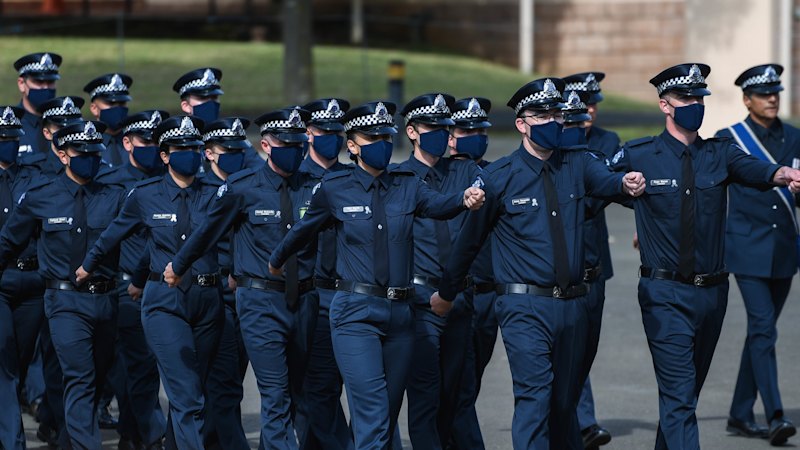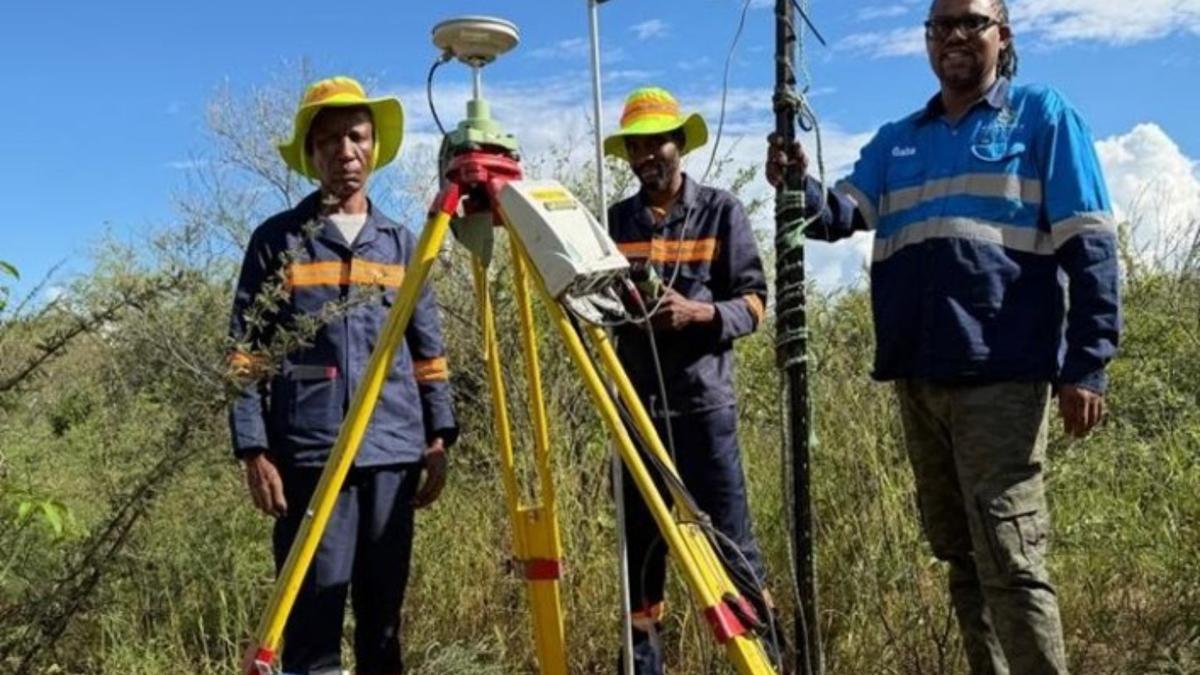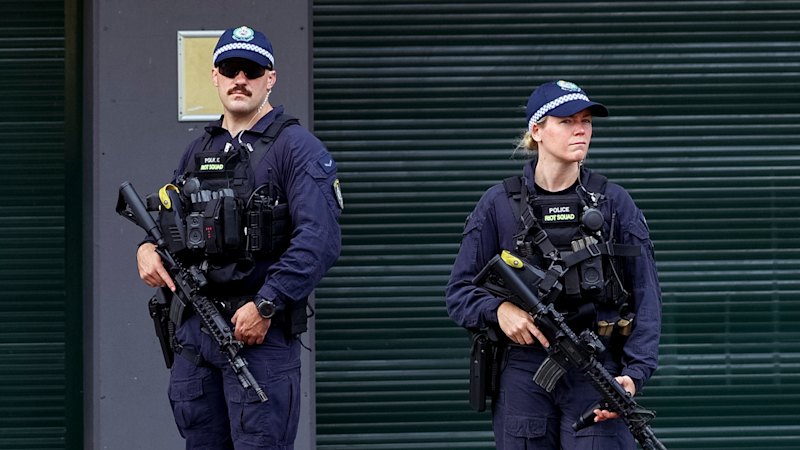
Victoria Police has come under fire for a new policy that allows general practitioners (GPs) to have the final say on the mental fitness of police recruits. Critics argue that this decision represents an attempt to “absolve the force of its responsibility for professional recruitment.” The Royal Australasian College of General Practitioners, the country’s leading doctors’ group, expressed concern that it was not consulted on this significant policy change.
The motivation behind the policy shift is rooted in Victoria Police’s ongoing struggle to address a shortfall of approximately 1,700 officers. According to the police, the rationale is simple: “nobody knows your health better than your doctor.” This move has garnered support from the police union, but it has also sparked discontent among some veteran officers who feel it dilutes the standards of recruitment.
Under the new system, potential recruits will complete a 30 to 40-minute online psychometric test. The results of this test will be reviewed by a Victoria Police psychologist and then sent to a GP for further interpretation and final approval regarding the candidate’s mental health. Candidates who do not pass the test will be excluded from the recruitment process.
A police spokesperson highlighted that previously, assessments were solely conducted by Victoria Police medical officers. “Under the new model, GPs will assess both the physical and mental health suitability of applicants,” the spokesperson stated. This approach is positioned as a means to create a more flexible, efficient, and applicant-focused recruitment process.
Concerns from the medical community are significant. Dr. Anita Munoz, chair of the Royal Australasian College of General Practitioners Victoria, raised “safety, efficacy and medico-legal concerns” regarding the shift in responsibility to GPs. She stated, “Risk assessments are inherently uncertain and clinically unreliable in predicting future risk.” Dr. Munoz emphasized that a single appointment with a GP cannot comprehensively predict the psychological suitability required for police work, adding that GPs should not be expected to absolve the force of its recruitment responsibilities.
In response to these concerns, Victoria Police maintained that GPs will not be asked to operate outside their scope of practice. The department also noted that only a small number of GPs have refused to conduct these assessments. A veteran detective, who chose to remain anonymous, criticized the move, saying it appears that the police command is primarily focused on filling vacancies rather than maintaining recruitment integrity.
Victoria Police assured that GPs would operate under strict guidelines and comprehensive medical protocols when conducting these assessments. This includes reviewing a candidate’s mental and physical health over a five-year history. “Victoria Police has full confidence in the ability of GPs to make sound, professional judgments,” the spokesperson added.
The recruitment process has seen significant changes recently. Earlier this year, the force eliminated minimum education requirements and waived the entrance exam for candidates with an Australian Tertiary Admission Rank (ATAR) of 65 or above who demonstrate functional English skills. Additionally, a mandatory one-on-one appointment with a psychologist was removed.
The Police Association of Victoria’s secretary, Wayne Gatt, acknowledged the ongoing challenges in recruitment. He stated that while GPs have the expertise to evaluate mental health, he would be the first to voice concerns if there were any compromises in standards that could jeopardize safety. “Internal police data shows the number of people receiving approval has remained steady at about 83 percent,” Gatt noted.
As Victoria Police grapples with staffing shortages, the length of time for recruits to complete the process has been significantly shortened, from six to nine months down to two months. This urgency reflects broader concerns that without swift action, potential candidates may seek opportunities elsewhere, including other police forces.
The department has also adjusted training requirements, reducing the duration of academy training from 31 weeks to 25 weeks. This has raised alarms among some officers regarding the overall quality of recruits entering the force. One officer expressed worry that the decline in standards could lead to serious issues in the field, citing that the quality of recruits over the past 12 to 18 months has been among the lowest seen.
In addition to the recruitment changes, Victoria Police announced plans to deploy clinical teams within the academy to identify and address any mental health issues that may arise during training. Chief Commissioner Mike Bush recently underscored the pressing need for reform, announcing a comprehensive restructure of the force aimed at combatting a surge in violent crime and improving public perception.
With 700 officers currently on WorkCover, the challenge of maintaining an adequately staffed and effective police force remains a critical issue for Victoria Police. The latest recruitment policy has intensified the debate over how best to ensure that new officers are both mentally fit and capable of handling the demands of the job.






